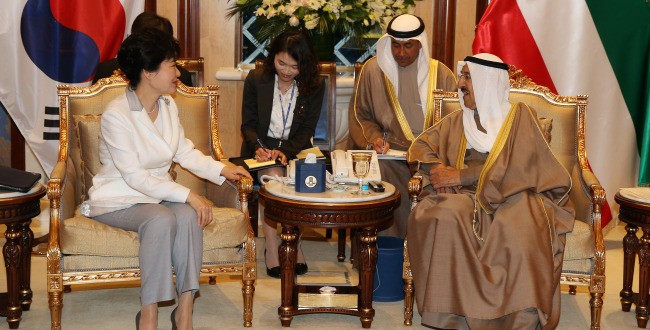
“Trust” has been the buzzword for South Korean President Park Geun-hye and her administration. Even before taking office in February 2013, President Park had outlined the key tenets of her proposed trust-building strategies for improving and stabilising relations with North Korea, China and Japan. Essentially, thetrustpolitik strategy comprises three layers. First, Seoul’s trust-building with Pyongyang is aimed at dissuading the latter from the pursuit of nuclear capability, and ultimately to promote peace and stability on the Korean peninsula. Second, President Park has also proposed a Northeast Asia Peace and Cooperation Initiative (NEAPCI), to forge mutual trust and boost cooperation among China, Japan and South Korea. Finally, South Korea is also enhancing its relations with countries beyond its immediate backyard, including the member states of Association of Southeast Asian Nations (ASEAN), India and Europe. A year since President Park and her administration have actualised trustpolitik, South Korea has strengthened its alliance with the United States, improved relations with China, as well as reinforced ties with ASEAN and its member countries. Trust-building initiatives with North Korea, however, have not seemed to visibly change the situation on the Korean peninsula so far. Relations with Japan also remain frosty. These differing trajectories indicate that the success of trustpolitik is very much dependent on the interests that are perceived to be at stake in both South Korea and its neighbouring countries.


